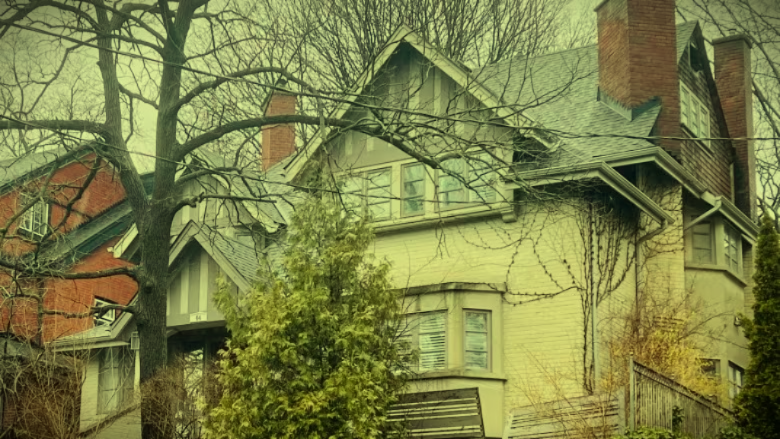Toronto Reverses Decision on Historic Home’s Heritage
In a surprising turn of events, Toronto city officials have reversed their earlier decision to remove the name of Robert Stapleton Caldecott, a prominent early 20th-century businessman, from a historic home. The reversal came after new information was presented by Caldecott’s descendants.
In April, the city council voted to strip Caldecott’s name from the heritage designation of his former home, citing concerns that he held restrictive and possibly racist views on immigration.
However, this week, the council voted to restore his name following complaints from Caldecott’s family, who argued that he was being unfairly condemned and provided new research to support their claims.
“No way was [Caldecott] interested in dividing people by their physical appearance,” Lucelle Schmitz, a descendant of Caldecott, told CBC Toronto from her home in Saskatchewan. “He was more concerned with how we can make Canada as a whole a prosperous nation.”
The home at 64 Woodlawn Ave. was designated a heritage building in 2018, recognized for its association with Caldecott, a noted philanthropist and businessman who died there in 1907. The house was also designed by Eden Smith, a prominent architect known for his unique structural contributions.
The controversy began in 2022 when Dr. Arnold Mahesan, a fertility specialist of Sri Lankan descent, and his wife, entrepreneur and former Real Housewives of Toronto star Roxanne Earle, purchased the 9,000-square-foot house. The couple, who have family roots in Pakistan, discovered the heritage designation when they sought to modify the house’s steep stairway from the sidewalk. Upon investigating the house’s history, they alleged that Caldecott held racist views.
Mahesan told the Toronto Preservation Board (TPB) in March, “Caldecott would be appalled by us living in the house he commissioned.”
Despite a heritage designation limiting renovations or demolition, Earle asserted that their goal was not to remove the designation but to dissociate the house from Caldecott’s purportedly offensive views. The TPB recommended retaining the heritage designation while removing all references to Caldecott, including the name “Caldecott House,” which the council agreed upon based on a report by University of Toronto history lecturer Michael Akladios. Hired by Earle and Mahesan, Akladios’ report concluded that Caldecott held “restrictive views” on immigration but did not explicitly label him a racist.
The council’s recent decision was influenced by a new report from Caldecott’s descendants, including his great-great-great-grandson, C. Michael Schmitz. This 15-page report, signed by 19 family members, presented extensive research, including private family letters unavailable to Akladios. The report argued that while Caldecott believed in restricting immigration to people from the British Empire, this view was not racially motivated. The British Empire at the time included diverse regions such as the Caribbean, India, Pakistan, and Sri Lanka.
The report claimed that Caldecott did not discriminate based on race or creed and sought to protect Canada from economic competition by American merchants to support the young nation’s growth.
The reversal of the decision by Toronto city officials underscores the complexity of interpreting historical figures’ legacies. It highlights the importance of thorough research and consideration of multiple perspectives in making decisions about heritage and commemoration. As the debate over Caldecott’s legacy continues, the restored designation aims to reflect a more nuanced understanding of his contributions and beliefs.



